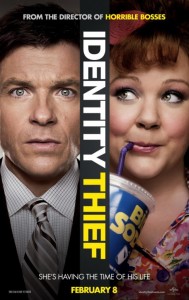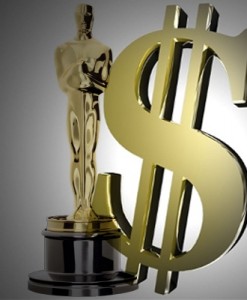 If you saw Universal Studios’ Identity Thief , starring Jason Bateman and Melissa McCarthy, you may have recognized a familiar voice.
If you saw Universal Studios’ Identity Thief , starring Jason Bateman and Melissa McCarthy, you may have recognized a familiar voice.
Amanda Brown, from NBC’s The Voice Season 3, has a single on the soundtrack entitled “The Payback” .
The song can be downloaded on iTunes here . Also the CD for the movie’s soundtrack was release on March 5th.



